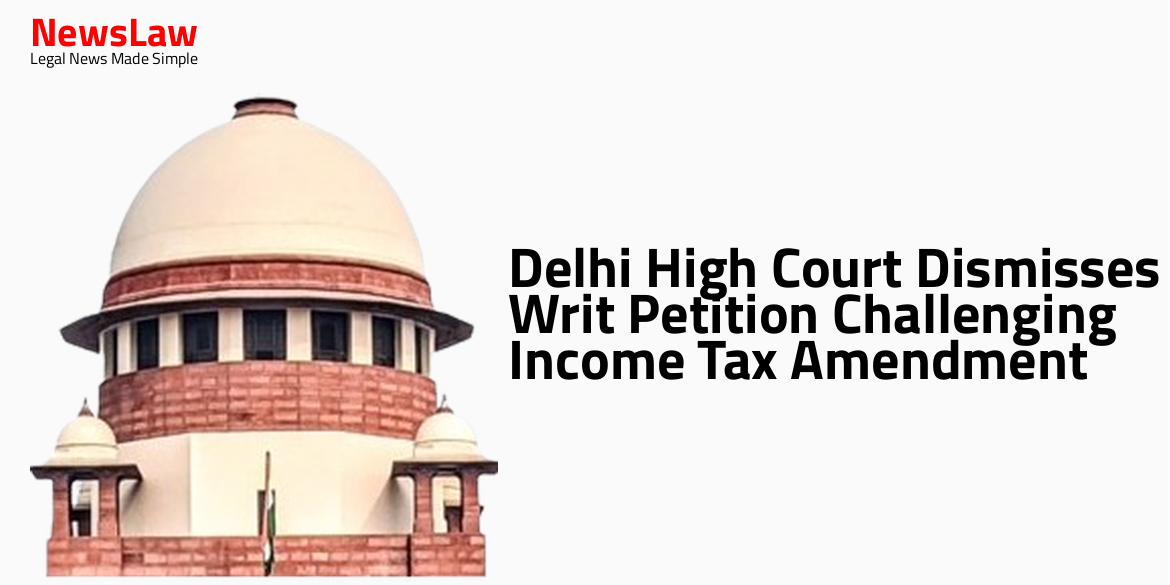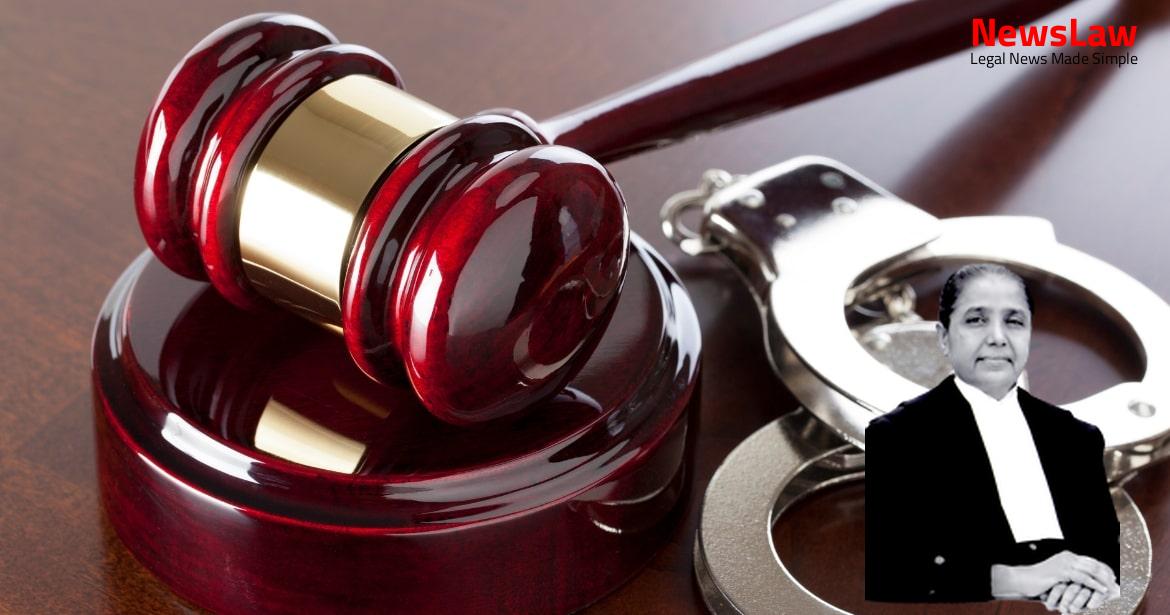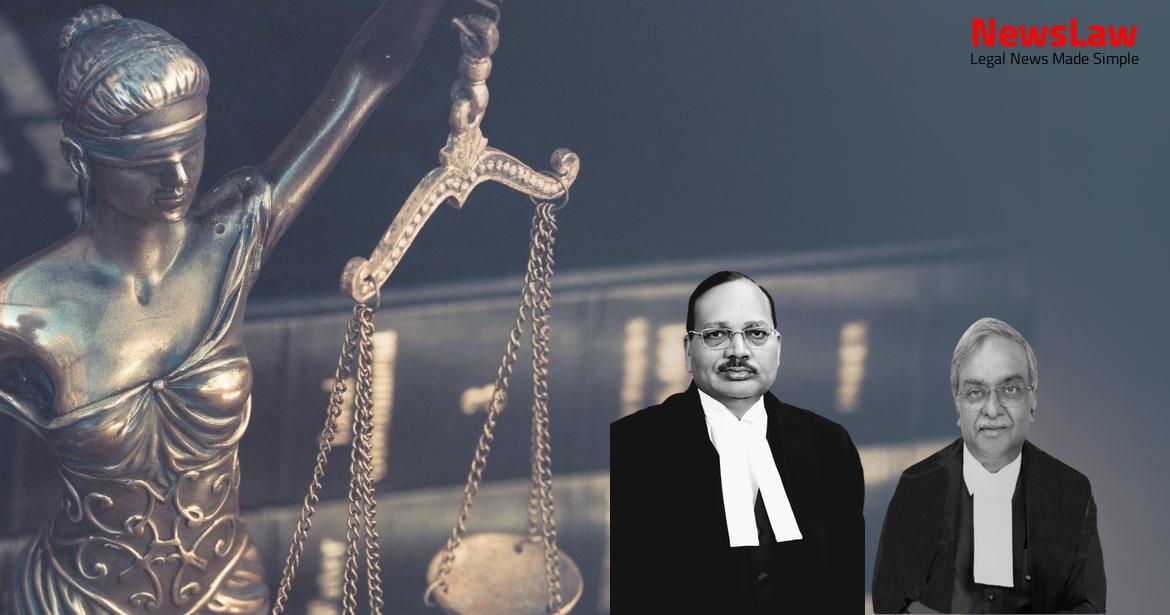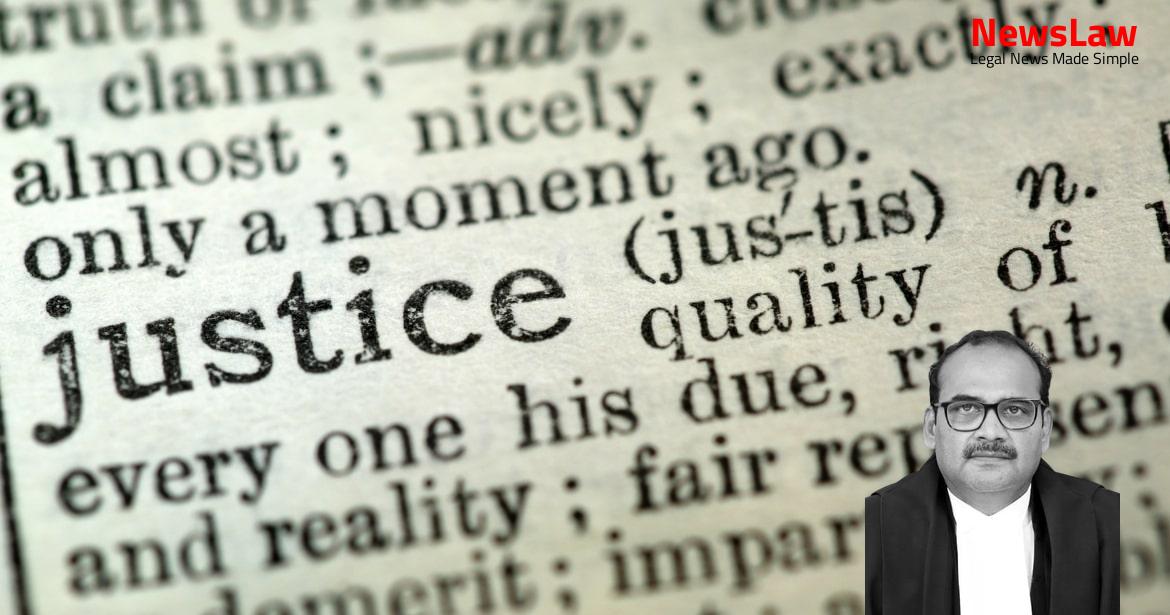In a significant ruling, the Delhi High Court recently dismissed a writ petition challenging an income tax amendment. The petition, filed by the taxpayer, sought relief against the retrospective application of the amendment. The court’s decision sheds light on the constitutional validity of the legislative change and its impact on taxpayers.
Facts
- Petitioner, a government employee, constructed a house in April 2014 with a total expenditure of ₹1.35 crore.
- The construction was financed through a housing loan from IDBI Bank and his father totaling ₹85,00,000 and ₹50,00,000, respectively.
- In FY 2016-17, the annual rent for the house was ₹1,20,000.
- Interest payable on the borrowed capital for construction was eligible for deduction from ‘Income from house property’ under Section 24 of the Income Tax Act.
- The petitioner filed Income Tax Returns for FYs 2014-15 to 2016-17 after deducting the interest and setting it off against his salary income.
- The constitutional validity of Section 31 of the Finance Act, 2017, inserting sub-section (3A) to Section 71 of the Income Tax Act is being examined in the writ petition.
- The amendment limits the set off of loss under ‘Income from house property’ to ₹2 lakh for a particular Assessment Year starting from April 1, 2018.
- The petitioner seeks relief by challenging the amendment as ultra vires and seeking prospective application for house loans raised prior to the amendment.
Arguments
- The petitioner contends that the retrospective nature of the amendment is prejudicial to his interests as he could not have anticipated the disentitlement at the time of raising funds through loans.
- He argues that he does not have a vested right to claim the benefits of the provisions in question as he has been doing since FY 2014-15.
- The petitioner asserts that the impugned amendment creates an unreasonable restriction on existing statutory rights of taxpayers, violating Articles 14 and 19(1)(g) of the Constitution.
- He claims that the financial burden imposed by the amendment has left him with minimal disposable income to sustain his livelihood.
- The petitioner argues that the retrospective nature of the amendment goes against the principle of fairness, constituting a breach of promise and invoking the doctrine of promissory estoppel against the respondent.
- The insertion of sub-section (3A) to Section 71 of the Act is viewed by the respondents as an anti-abuse provision to minimize revenue loss rather than a revenue-raising measure.
- The amendment was made to address the practice of higher income groups reducing tax liability by claiming losses under ‘Income from house property’ through large interest payments.
- The amendment does not violate fundamental rights of the petitioner as it is not arbitrary and there was no prior promise regarding set off of losses during the relevant period.
- Before the amendment, there was no upper limit on deductions claimed by taxpayers, except for self-occupied properties, leading to repercussions like escalation of property prices and decrease in supply of affordable housing.
- The respondents argue that the petitioner failed to provide evidence showing the arbitrariness or violation of fundamental rights resulting from the impugned amendment.
Analysis
- The petitioner’s argument that the benefits under the old taxation regime should continue indefinitely is dismissed.
- Retrospective application of new legislation does not violate fundamental rights unless impacting the Constitution.
- The petitioner’s claim of unconstitutionality based on retrospectivity is unfounded.
- The amendment in Section 71 of the Act altering deduction limits is deemed constitutional.
- The impugned law is proportionate and aimed at preventing abuse of tax provisions.
- The insertion of sub-section (3A) caps the set off under ‘Income from house property’ at ₹2 lakh.
- No violation of promissory estoppel is found due to the amendment in Section 71.
- The amendment came into effect from 01.04.2018 after passing of the Act of 2017.
- The restriction on set off of losses under ‘Income from house property’ is justified by legislative considerations.
- The change in legislation is legitimate and based on financial and abuse prevention factors.
- The petitioner’s right to trade under Article 19(1)(g) does not extend to guaranteeing profits.
- Income chargeable under the head ‘Income from house property’ is calculated after deducting certain amounts.
- Deductions include 30% of the annual value and interest payable on borrowed capital.
- There are limits to the amount of deduction based on specific criteria.
- The deduction for interest payable on borrowed capital is spread over several years.
- A certificate is required for claiming deductions on interest payable on borrowed capital.
- Amendment in 2017 introduced a provision limiting set off of losses from ‘Income from house property’ against income from other heads.
- The amendment also defined the term ‘new loan’ for clarity.
- The deduction under Section 24 of the Act is eligible for set off under Section 71 of the Act.
- Section 71 allows set off of losses from one head of income against income from another head, subject to certain conditions.
- Mere operation of law on circumstances antecedent to its passing does not make it retrospective.
- The legislature can change the basis of a court decision and alter the law affecting a class of persons, without violating the separation of powers.
- The amendment in question applies to all categories of persons without discriminatory classification, upholding equality under Article 14.
- The impugned legislation does not fail the test of manifest arbitrariness.
- A retrospective statute affects vested rights, creates new obligations, or attaches new duties regarding past transactions.
- A retrospective law does not affect individual decisions between parties and their rights, but supplants existing laws or creates new ones for completed transactions.
- CIT v. Vatika Township Pvt. Ltd. case heavily relied on by petitioner, not infringing on fundamental rights under Part III of the Constitution.
- Deletion or addition of provisions does not inherently violate Article 14 of the Constitution.
- Notes on Clauses of Section 31 of the Act of 2017 state that the amendment is applicable from AY 2018-19.
- The case under consideration focused on whether the proviso added to Section 113 by Finance Act, 2002 should be applied prospectively or not.
Decision
- Both issues in the case were answered in favor of the respondents and against the petitioner.
- The writ petition was found to be devoid of merits.
- Accordingly, the writ petition was dismissed.
Case Title: SANJEEV GOYAL Vs. UNION OF INDIA (2024:DHC:4573-DB)
Case Number: W.P.(C)-10214/2017



